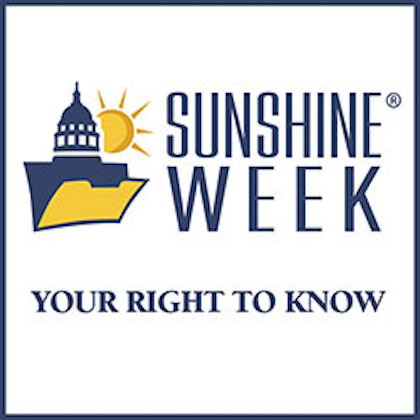
A week to celebrate the 1966 signing of the Freedom of Information Act and to continue the promotion of an open government with public oversight.
In 1952, the people of Sacramento, California, elected John Moss to Congress as their representative. In 1955 Moss tried to bring the FOIA to Congress but didn’t get enough support. Finally, in 1966, the Senate and the House voted to pass the Freedom of Information Act, and Lyndon B. Johnson signed it into law on July 4, 1966, releasing the statement, “I sign this measure with a deep sense of pride that the United States is an open society.”
TIA’s contribution to the celebration is our Transparency Report Card, where we analyze the annual comprehensive financial reports filed yearly by the states and measure their contents against widely accepted best practices from the private sector.
It is meant to encourage the states to publish timely, transparent, and accurate financial reporting. (FYI, California has yet to release its 2021 annual comprehensive financial report.)
For instance, most corporate financial statements are prepared within 45 days of the fiscal yearend.
However, the standard set for the states by the Government Financial Officers Association (GFOA) is 180 days after the end of the fiscal year.
Read the full report here.
It took Mr. Moss eleven years to build support for a more open society which gives me hope for the trajectory of our success in changing the flawed accounting standards that are leading to fiscal mismanagement.
With your financial support, Truth in Accounting will continue building on the legacy of transparency and accountability by Congressman Moss and President Johnson.

